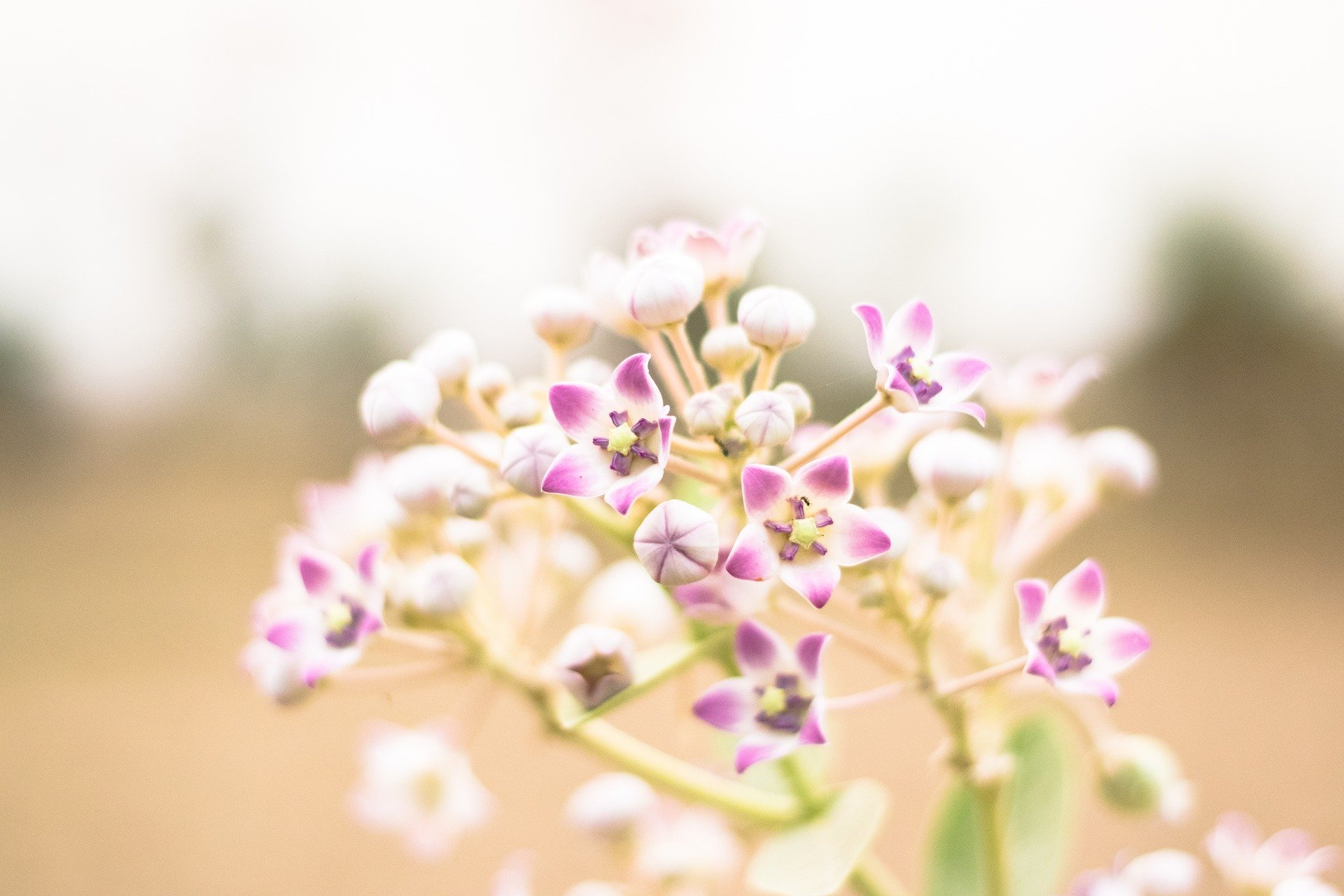Wool Alternatives
There are many new and better alternatives to sheep’s wool, and more are being developed all the time.
Companies and consumers choose to avoid wool for ethical reasons, namely because of the industry’s questionable track record on animal welfare and the impact of ruminant non-native animals on the environment.
But there are also practical reasons for this choice. Wool tends to be delicate and not durable. It is susceptible to mildew and shrinking and can cause itching in those who are allergic. Because of this, wool is frequently blended with another fabric (such as polyester) or processed in a certain way, often voiding any of the pure material’s biodegradability.
As with vegan leather, which is now increasingly made using plants, the shift away from sheep’s wool is paving the way for alternatives made of everything from common cotton to the innovative biotech materials of tomorrow.
Weganool
Weganool is an innovative, plant-based wool composed of 70% rain-fed regenerative organic cotton and 35% calotropis, a weed that grows wild on and requires no water or pesticides. Manufacturing the material is waste-free, too, and the process empowers female workers, boosts rural economies, and secures jobs.
Woocoa
Created by students from Universidad de los Andes in Bogotá, Colombia, Woocoa is made of a combination of coconut and hemp fibre that’s been treated with enzymes from the oyster mushroom. These fibres are wonderful – the coconut strands are naturally antimicrobial and thermal, while hemp (unlike woollen yarn made from sheep’s fleece) is very durable.
Nullarbor
Developed in Australia, Nanollose’s sustainable Nullabor Tree-Free Rayon replaces cotton or rayon yarns. Traditionally, rayon is made from wood pulp, but Nullabor is made by converting waste products into microbial cellulose, via microbes! The process is very sustainable and results in a textile that can be spun into a yarn or fabric.
Cotton
Organic and sustainable cotton is grown without harmful chemicals and doesn’t destroy ecosystems. In fact, it is known to improve soil quality and often uses less water than traditional cotton. (Recycled cotton is even better.) For wearers, cotton is softer, faster drying, and easier to clean than wool.
Tencel
Tencel (aka “Lyocell”), is made from wood cellulose (often from sustainably farmed eucalyptus trees) using closed-loop production, which means the water and chemicals are reused. Plus, it’s biodegradable and recyclable, making it more eco-friendly. While traditionally best known as a vegan silk, Tencel can also be woven to create a material that mimics soft and indulgent wool knit.
Recycled Polyester (rPET)
Recycled bottles are a great help to the planet, but very few (less than 7%) are actually turned into new bottles at the end of their life. Enter rPET, a fibre made from plastic bottles. From the filling in cosy winter jackets to the hottest new sneakers, recycled plastic is making its mark in fashion, and now it’s being used to make a yarn to replace wool, which is great news for our oceans and sheep.
Hemp
The hemp plant is natural, biodegradable, and grown without pesticides. It uses very little water and improves soil health. As an alternative to wool, hemp is breathable, wicks moisture, and is odour-resistant. It’s also cheaper to make (and buy) than wool and works great as a blend with other materials like Lyocell and cotton.

Bamboo
Bamboo is a soft, cashmere-like material that drapes beautifully and, unlike wool, doesn’t retain moisture or smell. Because it’s made of natural plant cellulose, it can be completely biodegradable. It’s also a champion carbon sequester, producing 35% more oxygen and absorbing as much as 12 tonnes of carbon dioxide per hectare per year when compared to an equivalent tree mass.

SeaCell
Animal farmers toy with feeding seaweed to ruminant animals to mitigate their harmful methane emissions, but seaweed is a wonderful, sustainable fibre that can help eliminate animal use altogether. Made from cellulose and seaweed, SeaCell can keep you warm in the winter and cool in the summer, a property sought in merino wool.
Soy
Soy fabric, also known as “vegetable cashmere”, is a new eco-friendly option made from a by-product of soybean processing that’s free of any petrochemicals. It has the softness of silk, the drape and durability of cotton, and the warmth of cashmere. Fashion insiders call the process in which materials come from the Earth and are wholly biodegradable a “cradle-to-cradle” approach.
